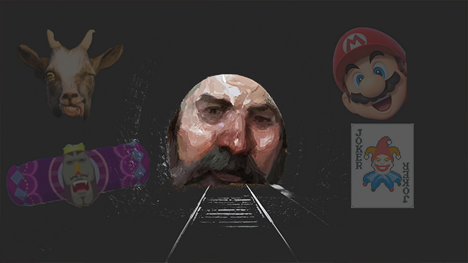
Read More from GDC 2024 | Keep up with the latest game industry event coverage from GDC 2024, including news, talks, interviews, and more from the Game Developer team.
The key to future employment in games dev is diversifying your skill set
Game design professor Jeremy Bond shares how to prepare your students for the uncertain game industry future.
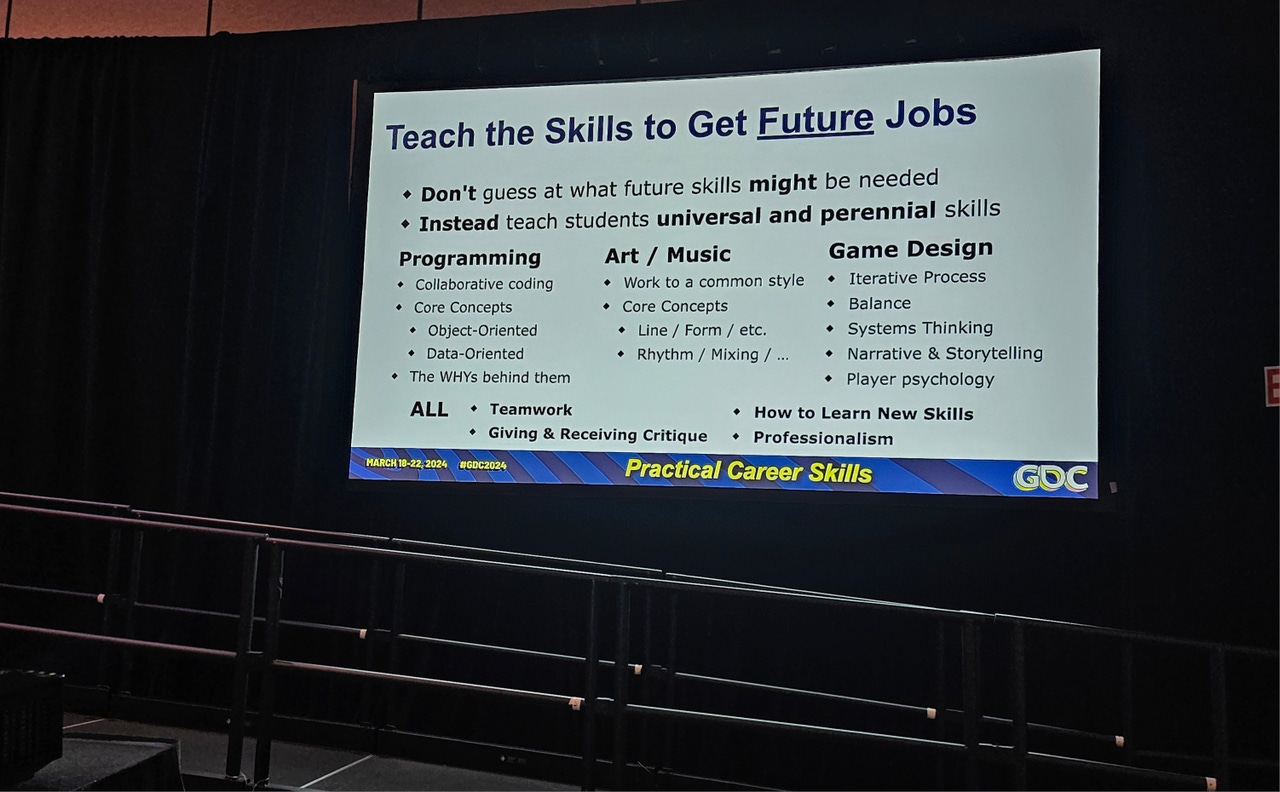
It's no secret (but it is an understatement) to say that games development is an uncertain place in terms of future employment. Amid the mass layoffs of the past two years, and especially in 2024, the general climate is one of fear and uncertainty.
So if you're a game design educator, one of your most important jobs is to prepare your students for the reality of the industry we're in and setting them up for success. Dissecting this is Jeremy Bond, an author and games design professor at Michigan State University. In his discussion about the specifics of the game design program at MSU, Bond not only gave an outline of the curriculum, he also inadvertently revealed a key piece of advice for all developers, regardless of their expertise. Whether you're a student or professional with years of experience, job security in game design means diversifying your skillset into more than one discipline.
If you're already working in the industry, this may be easier said than done. It's hard to build a new skill set while you're in full-time employment, and doing so under the duress of seeking a new job even more so.
Nonetheless, Bond's talk, though aimed at educators, highlights how your skills may be transferrable to other industries, a helpful insight in such a tumultuous time for games. To give students the best opportunity for employment after graduation, the program at MSU takes a few different approaches.
For one, the program is a minor rather than a major so that it can supplement rather than work against other disciplines within the college. It's also a system that teaches students how to self-assess, how to manage teams, and most importantly, how to learn new concepts and skills on their own.
But it's also rooted in multidisciplinary work from the beginning, having students do courses in many different areas of development, from audio to art and programming, and take a more holistic approach to the design of their projects. Crossover skills, says Bond, aren't just a way to secure employment in the games industry; they're also a way to get a job in other fields. The industry will always have its ups and downs, and weathering that instability means knowing how you can apply what you've learned to other fields.
The full talk, of course, goes more into these specifics, and for the nitty gritty details, you should watch the video when it launches on GDC Vault. But one of the most important lessons within is that while the industry is an unstable place now, and will always have more people than jobs, there are reasons to have hope. Work-life balance is improving, the industry itself is growing, and above all, your skillsets are transferrable: programming and IT have applications in nearly every industry; digital art is viable in areas like product design and advertising and marketing; production and development teaches good managerial and people skills; experience design can be applied to the layout of spaces like museums, theme parks and retail. These are only a few examples of how your discipline can be expanded outward. And if you can't apply what you have to a new field, consider how crossover skills aid employment, especially when applying at small companies. The game design program at MSU has a 90 percent post-grad employment rate specifically because they plan for these factors.
It may be a cold comfort in an industry that seems to be going straight to hell. But it's one that may empower us to endure until it stabilizes.
About the Author(s)
You May Also Like


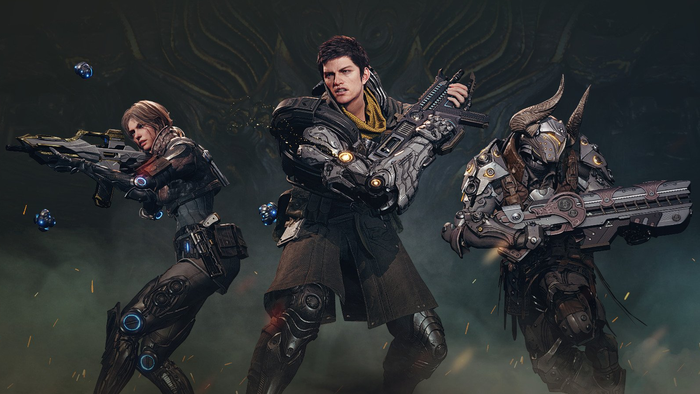
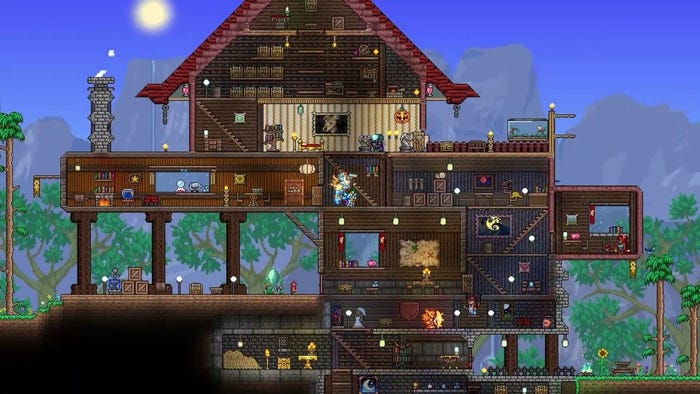
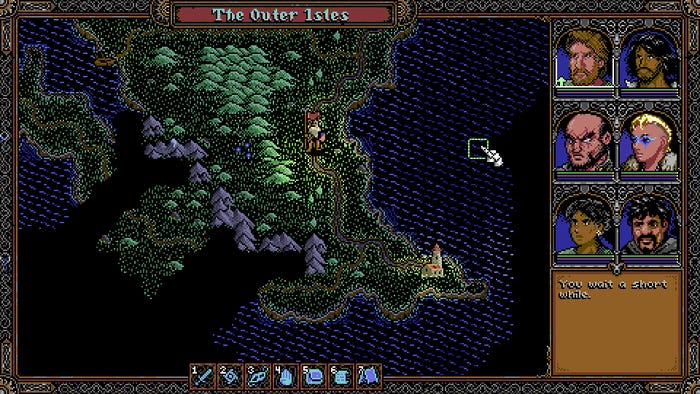
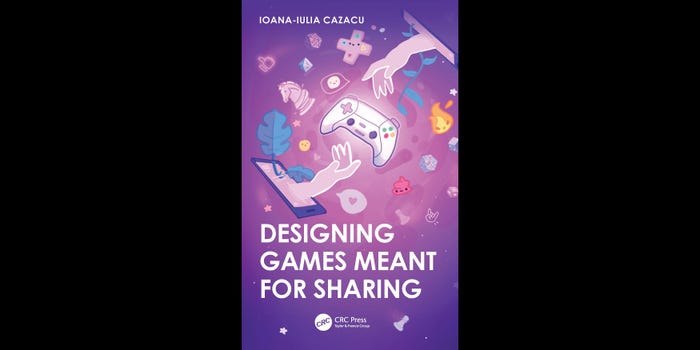

.jpeg?width=700&auto=webp&quality=80&disable=upscale)


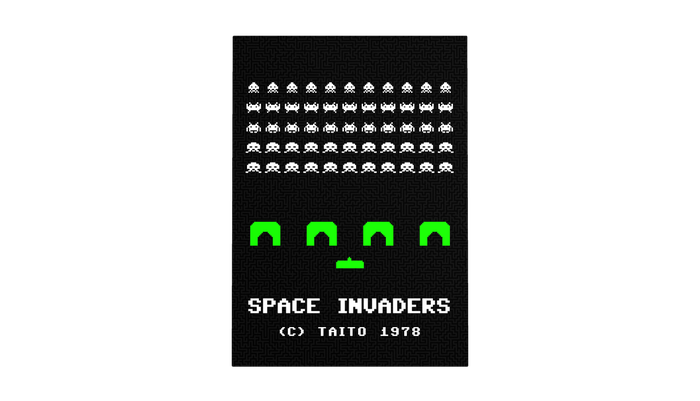
.jpg?width=700&auto=webp&quality=80&disable=upscale)
